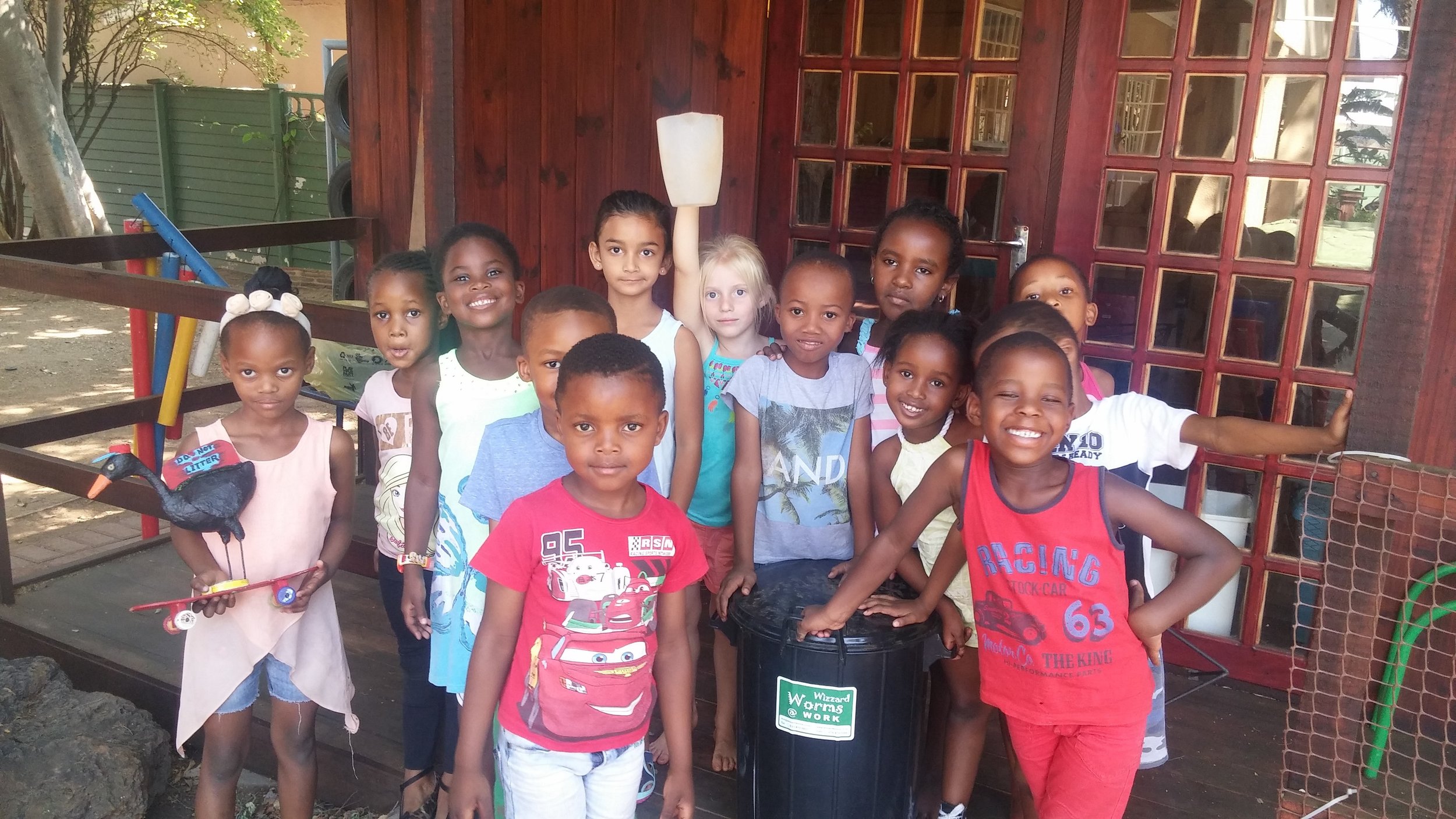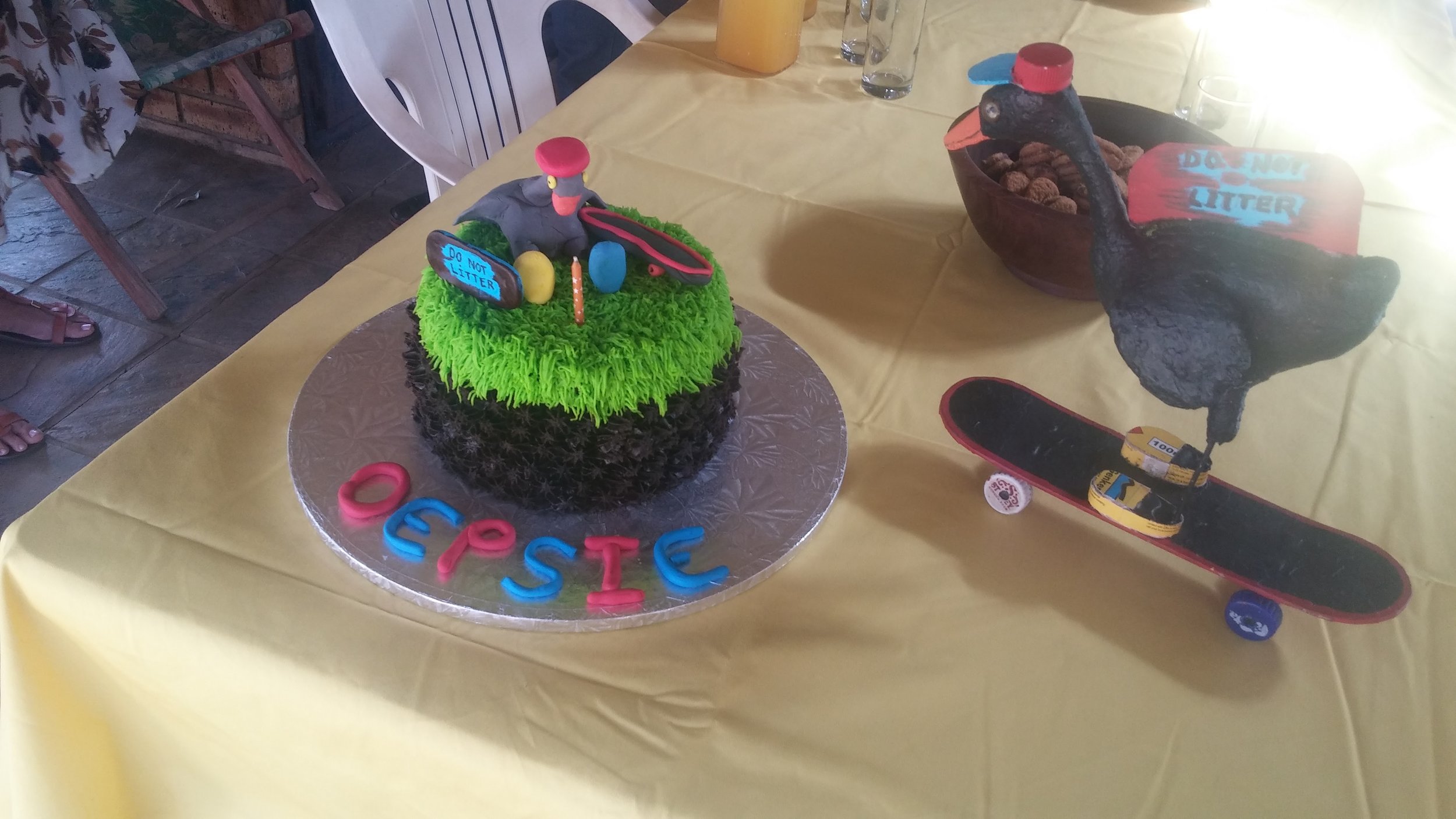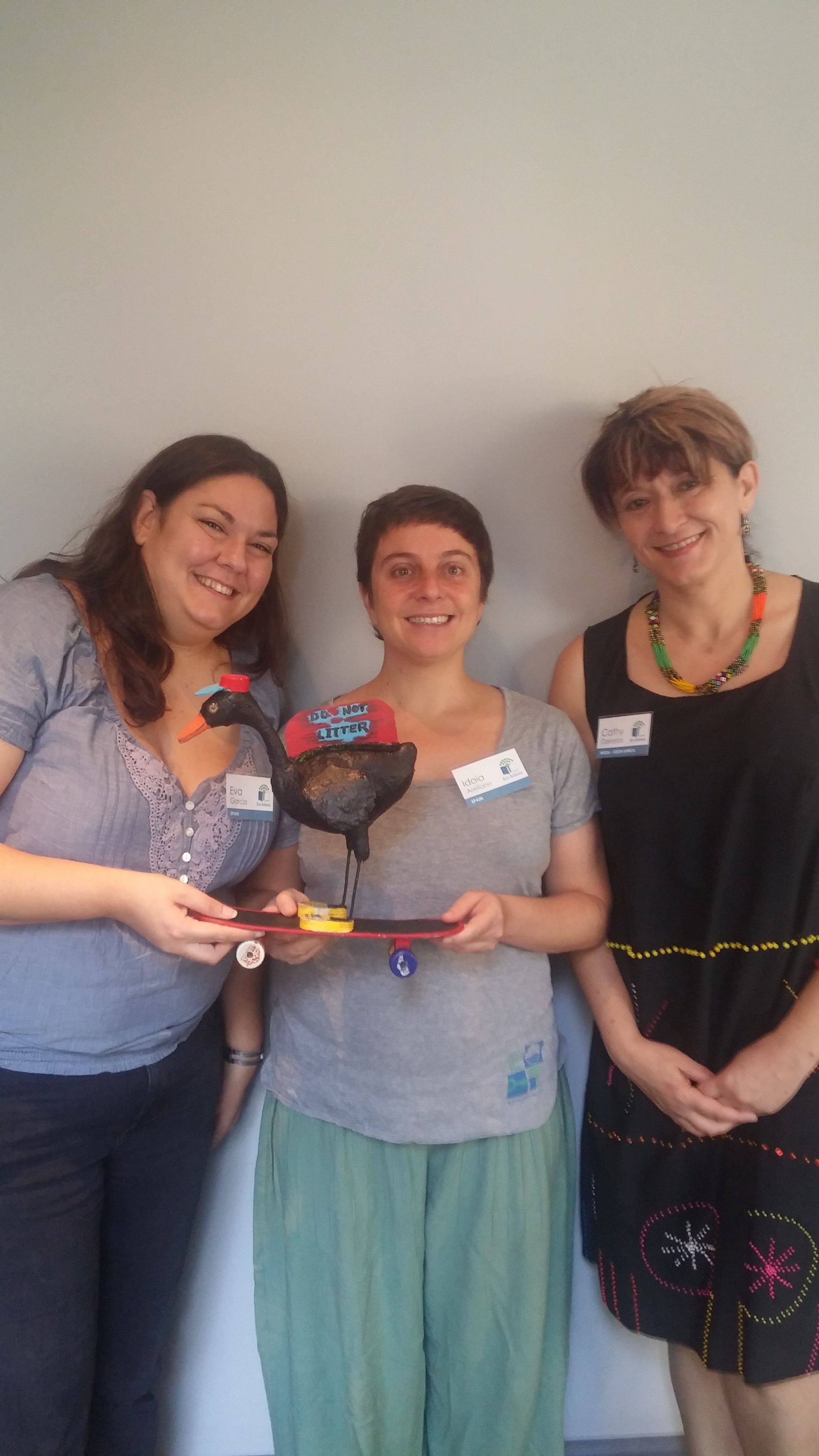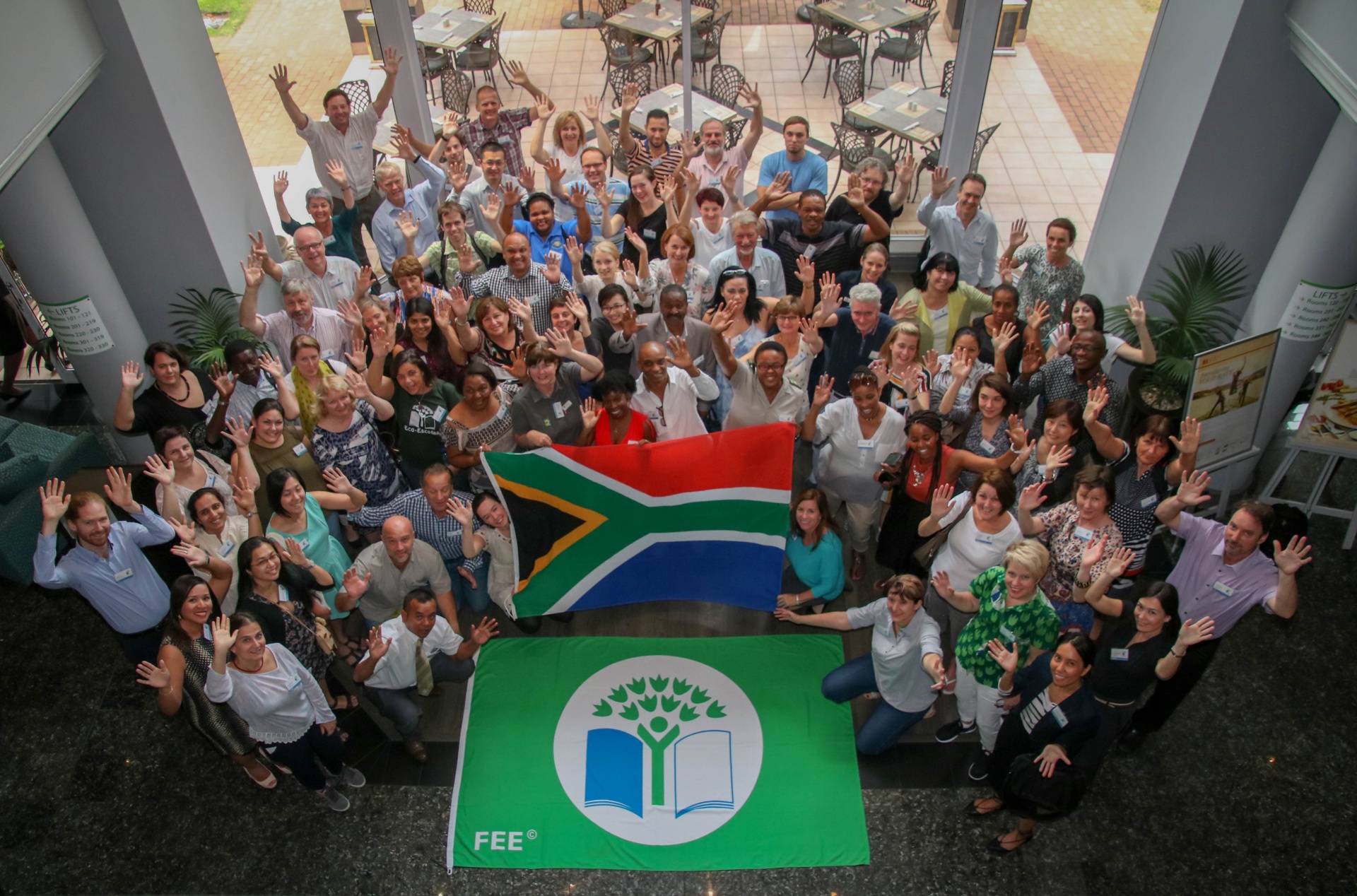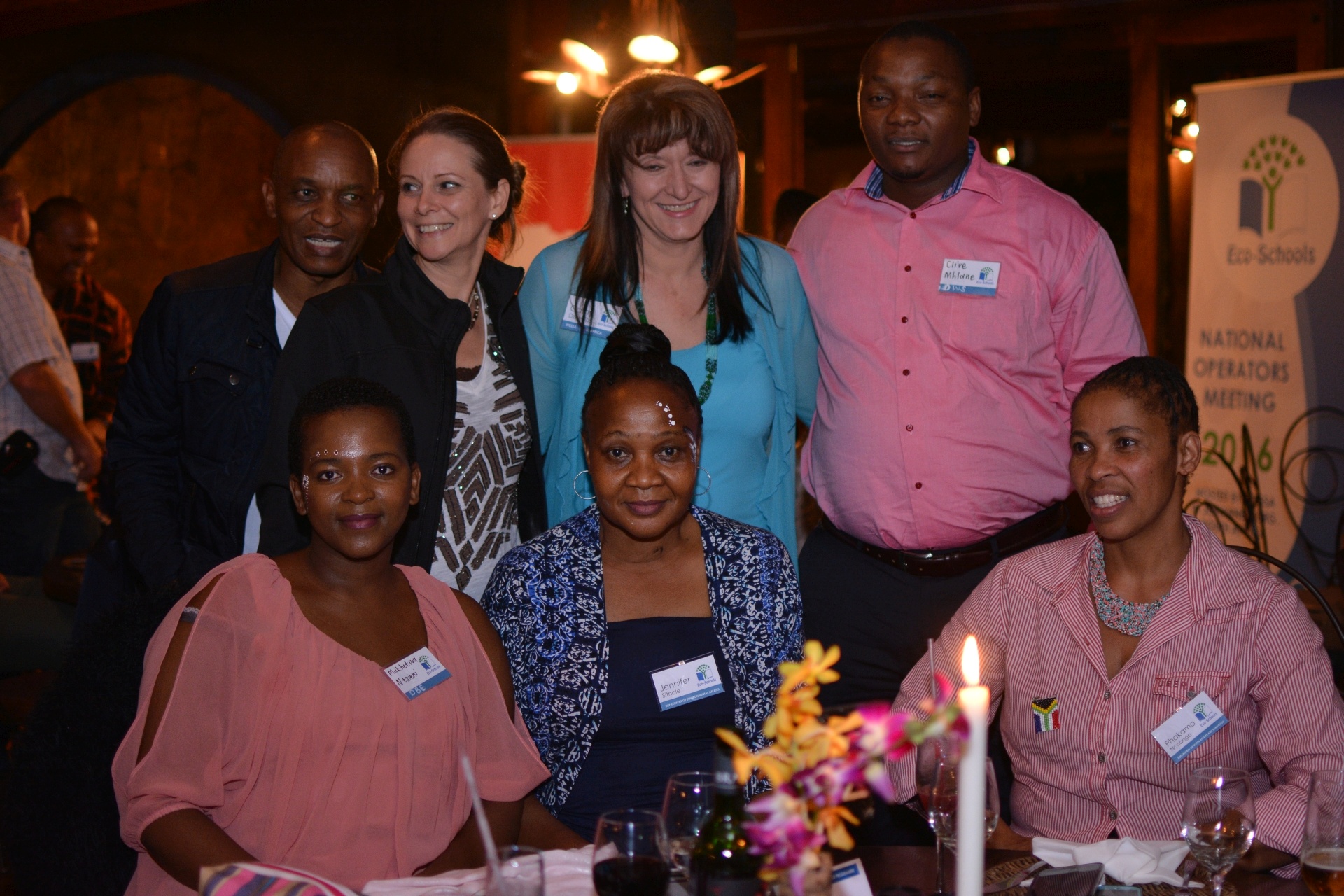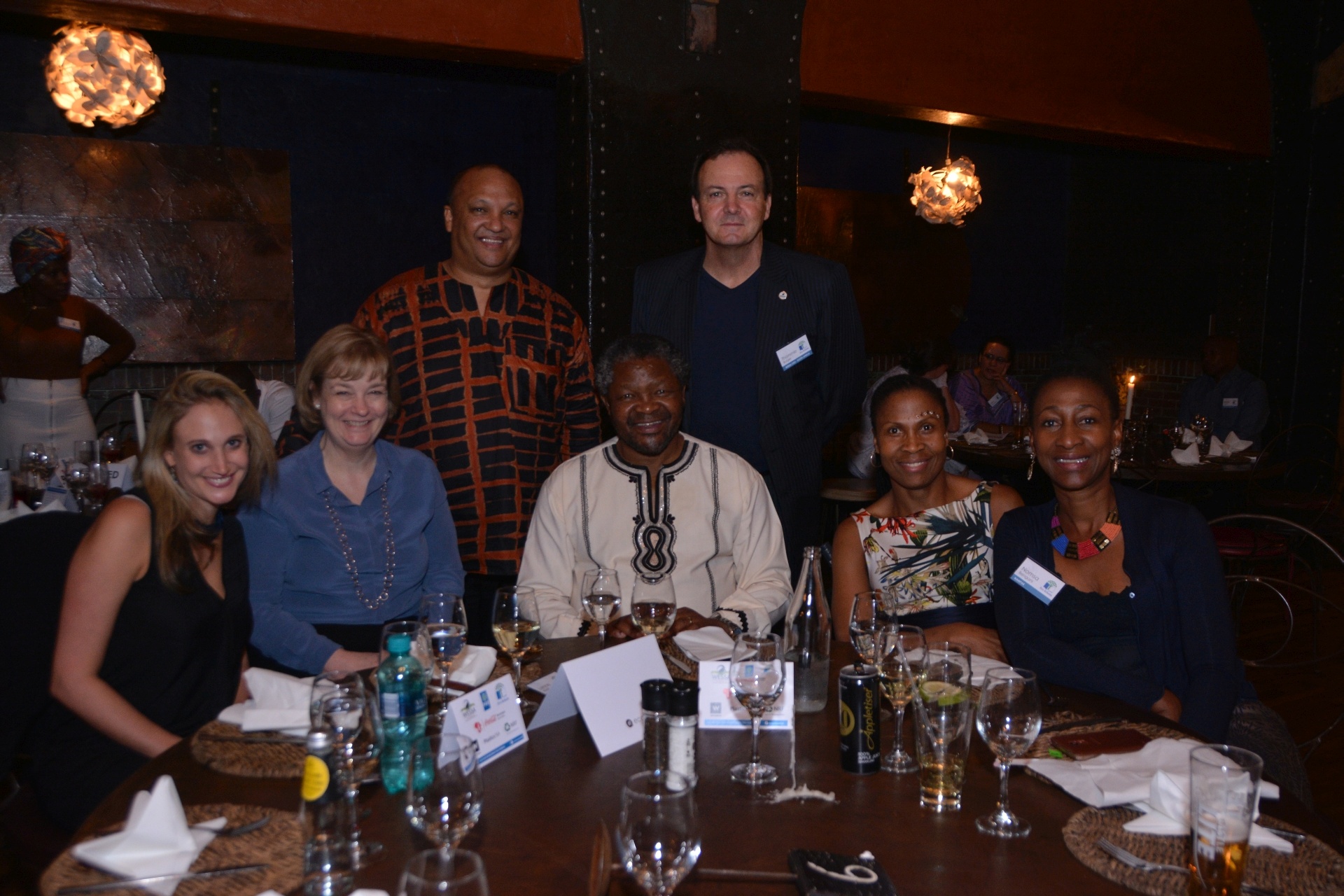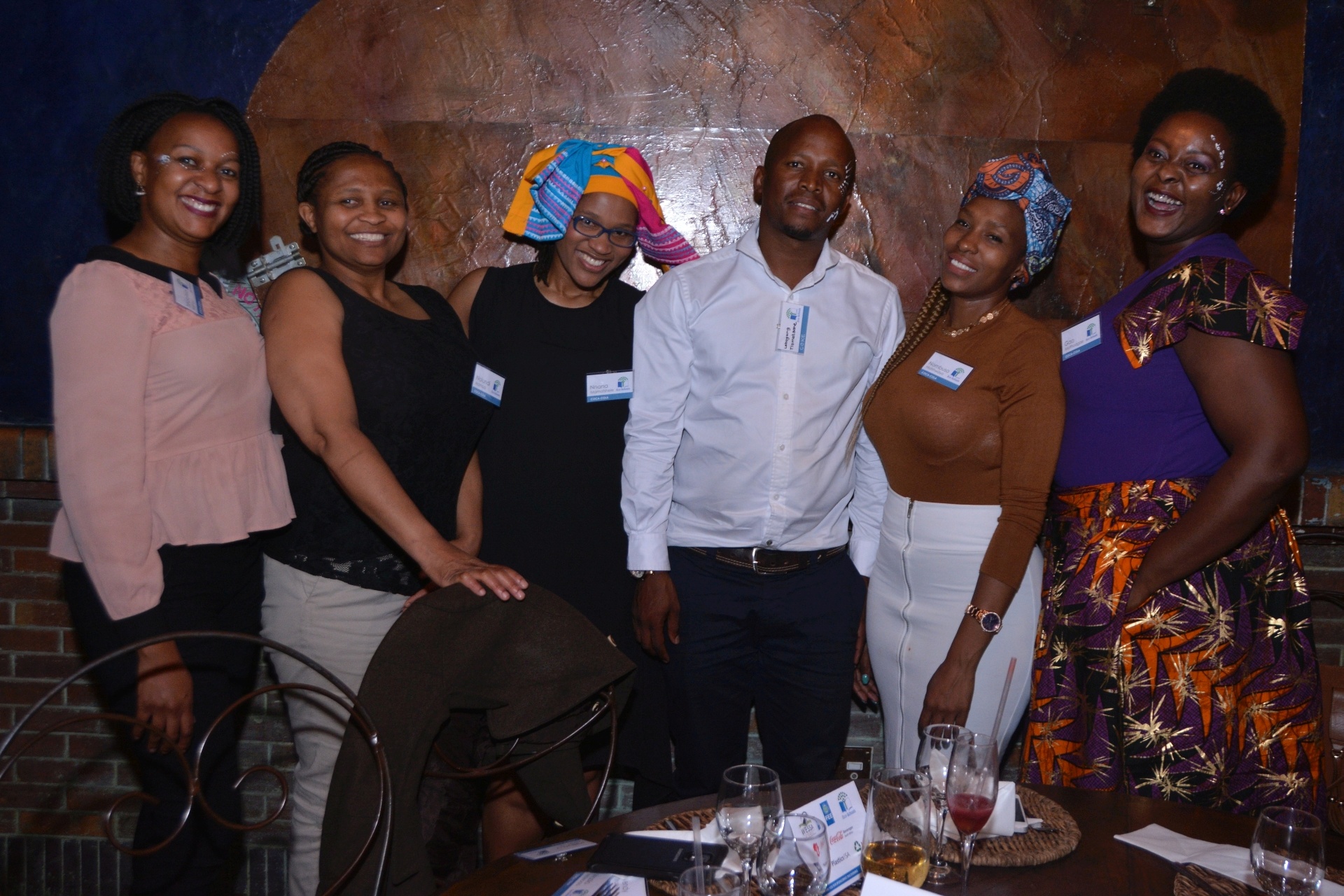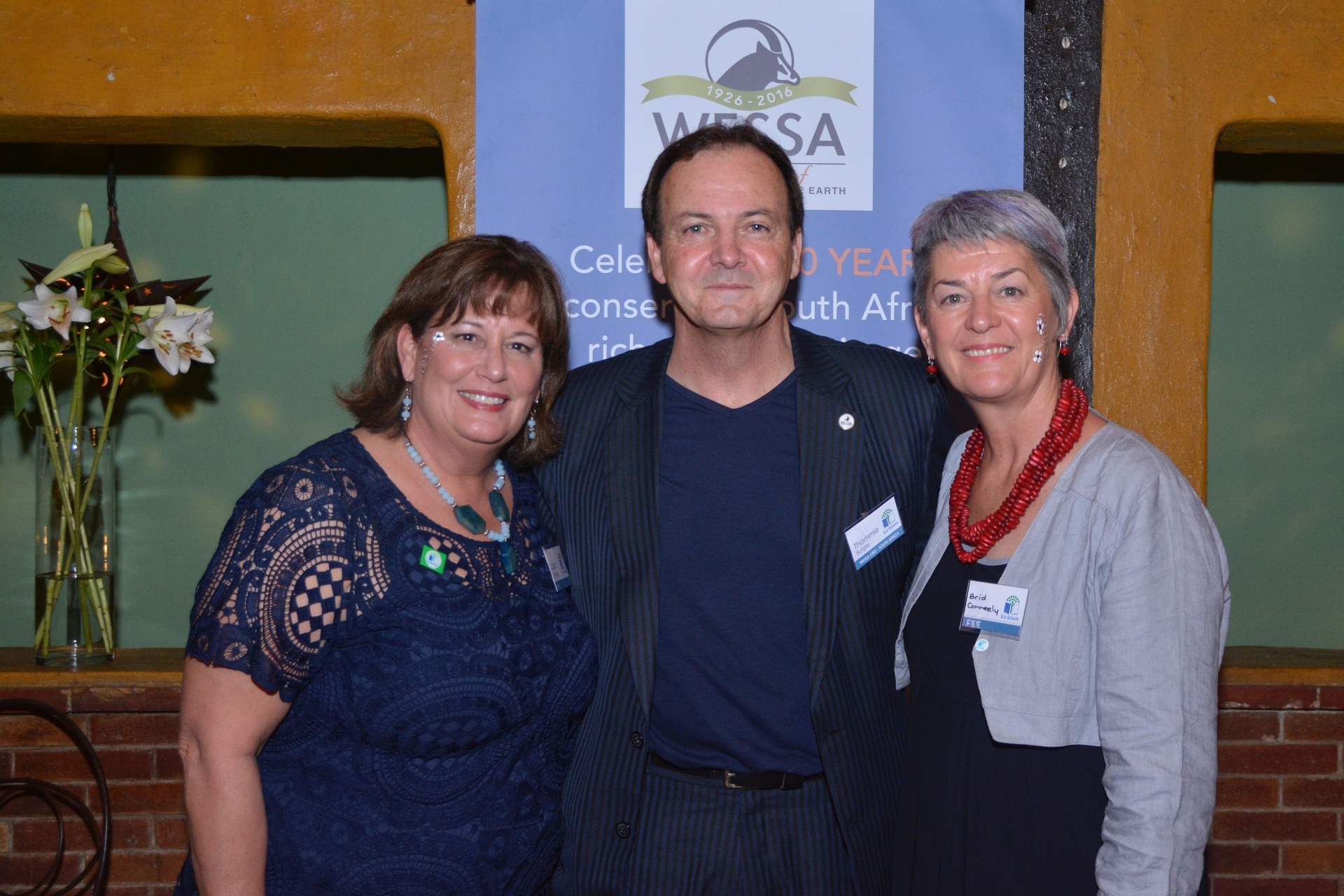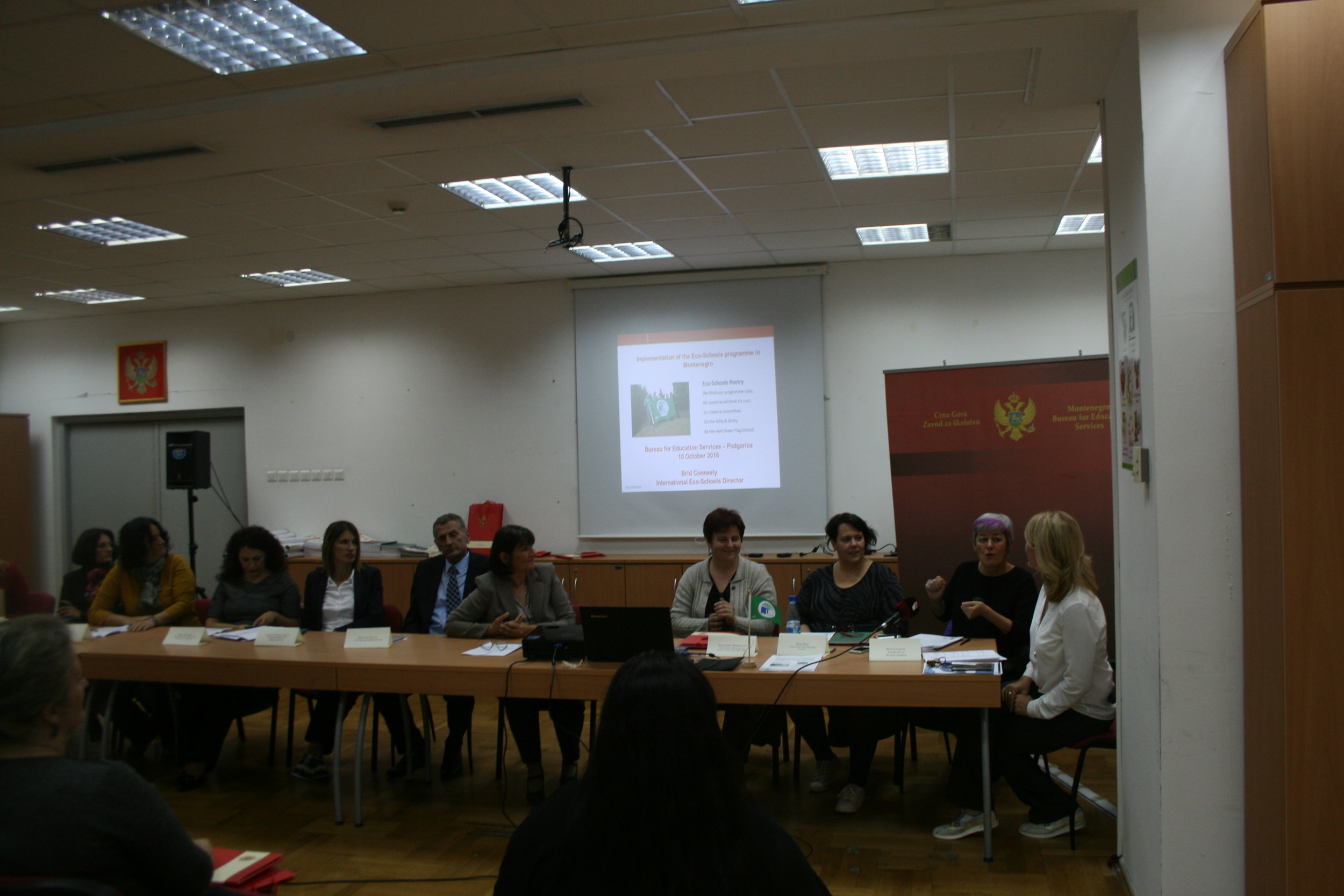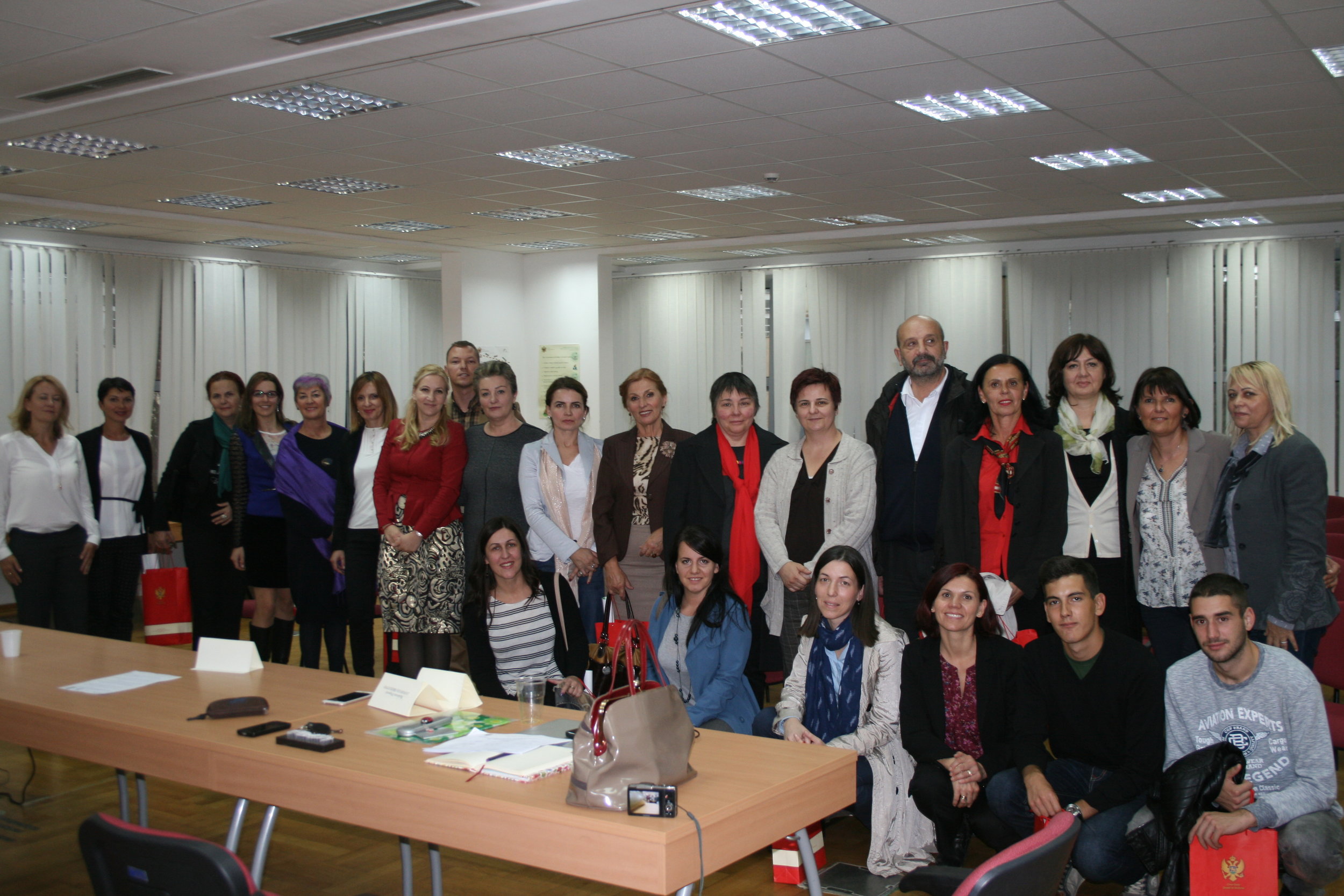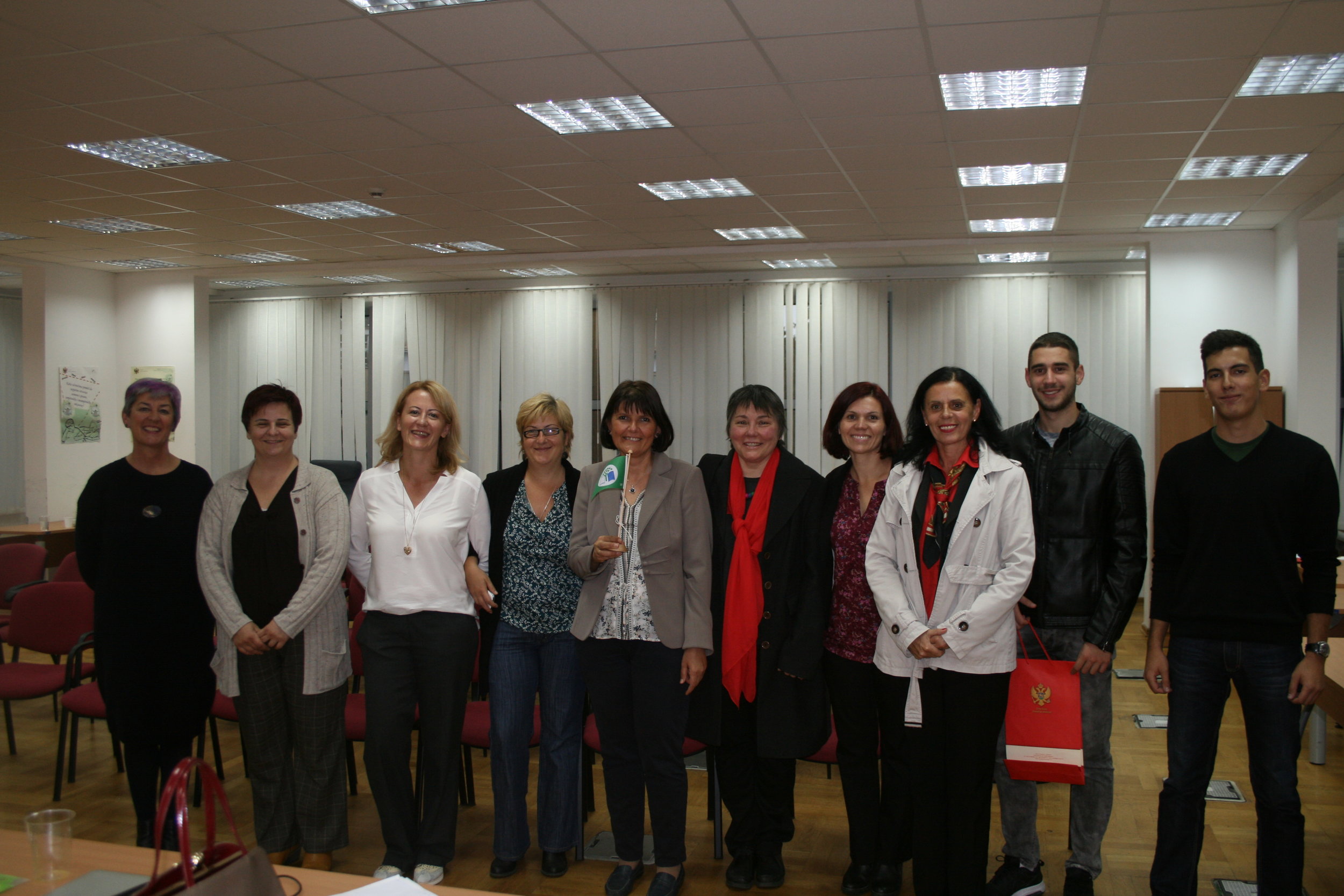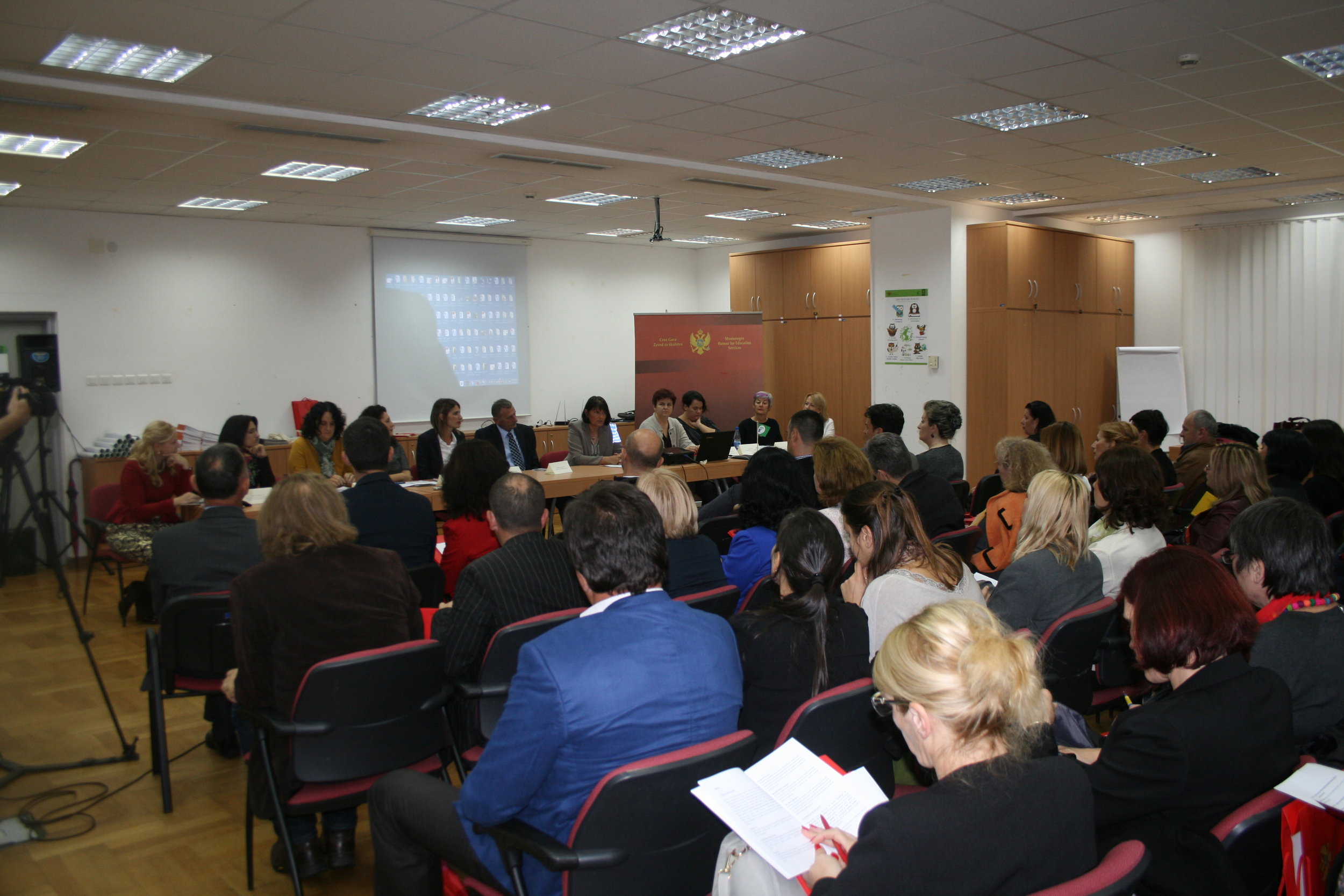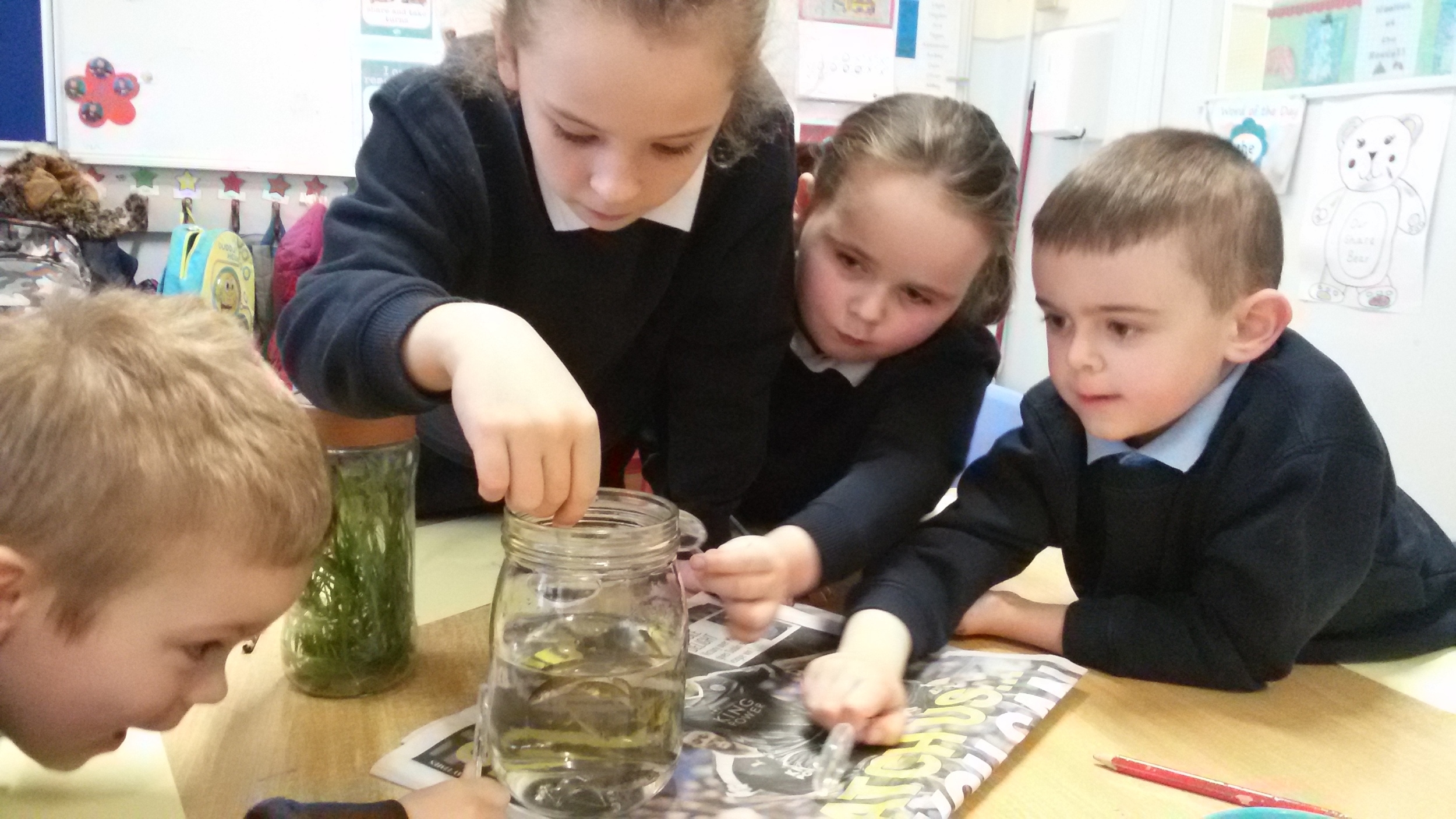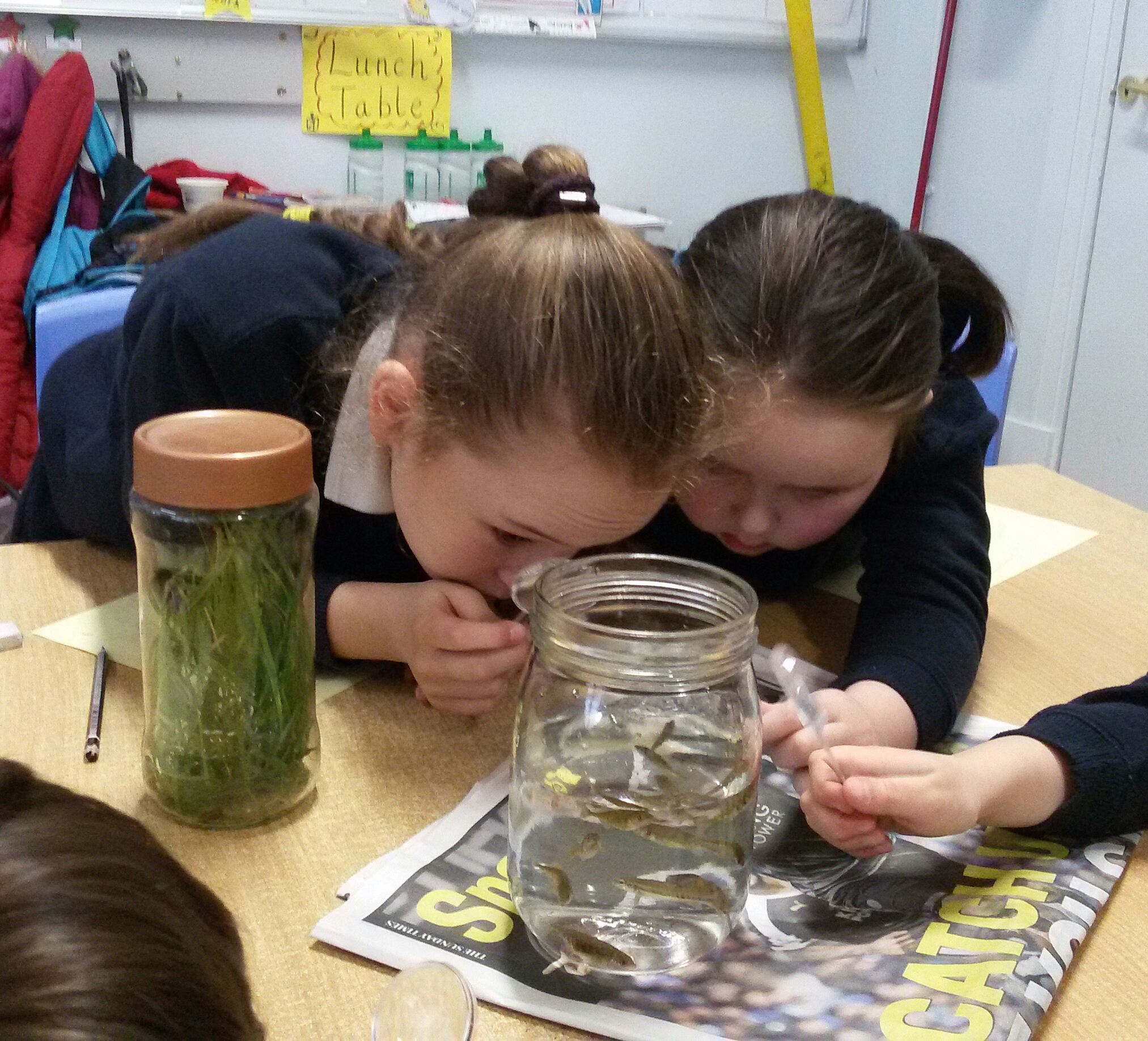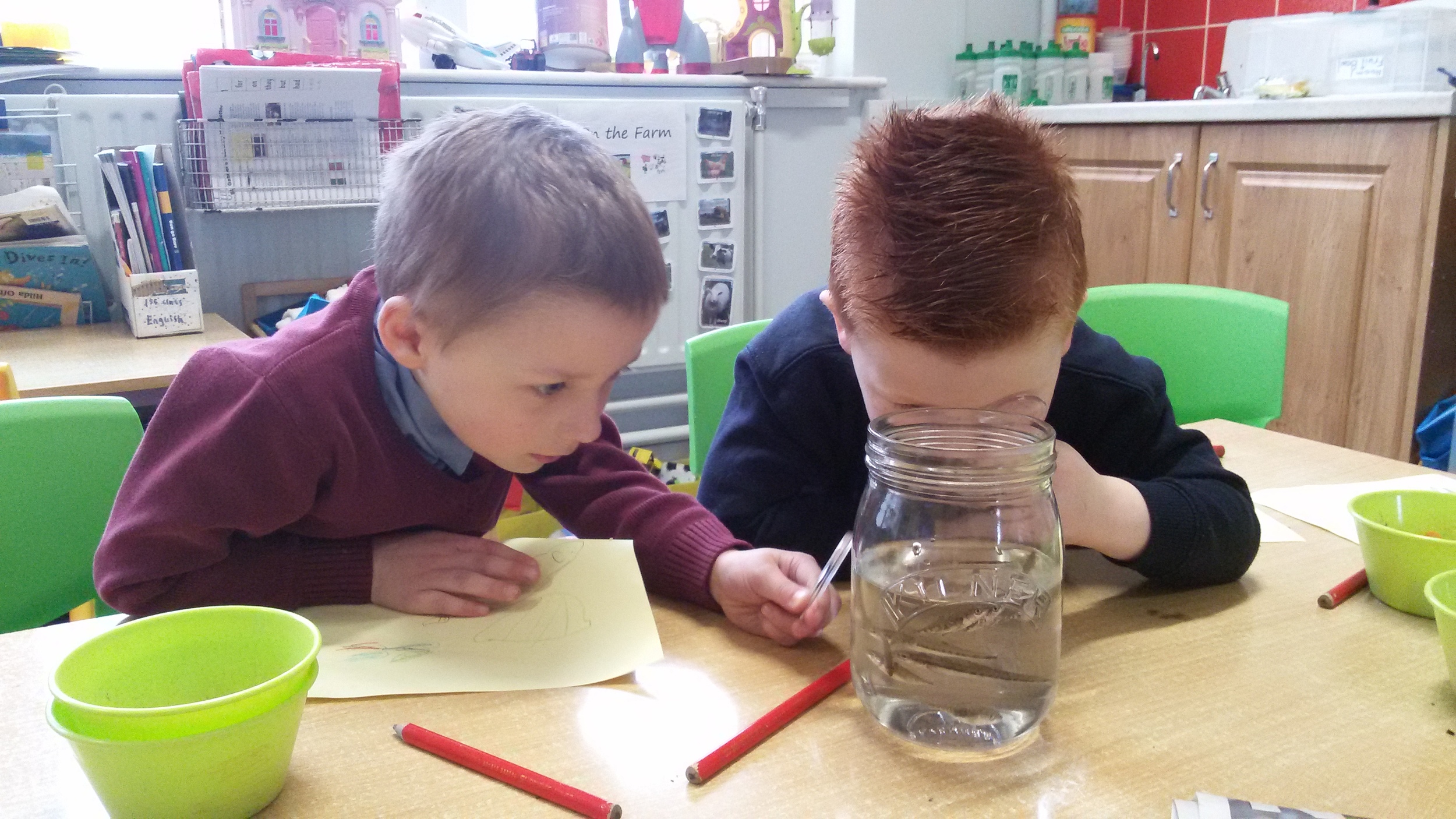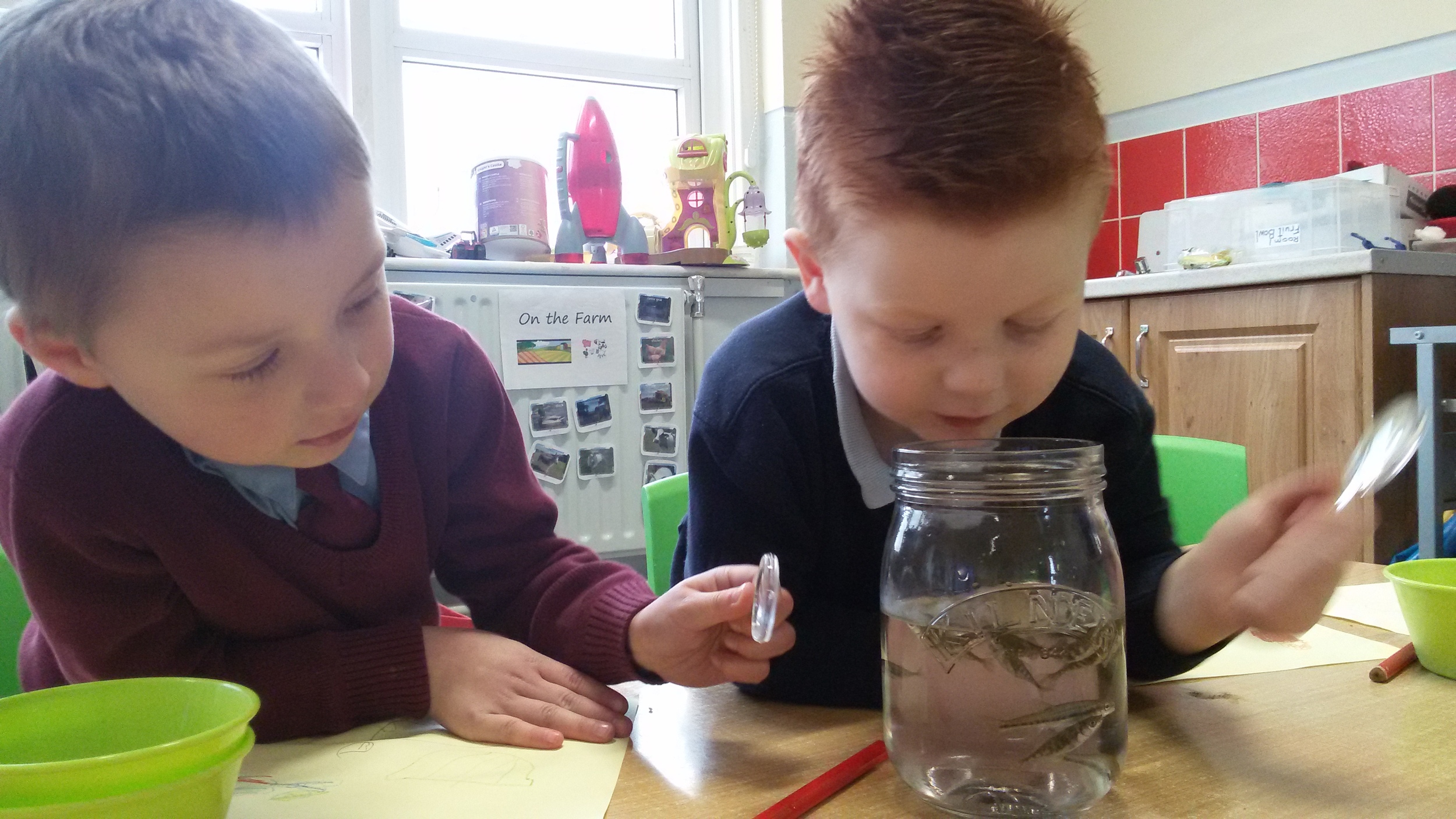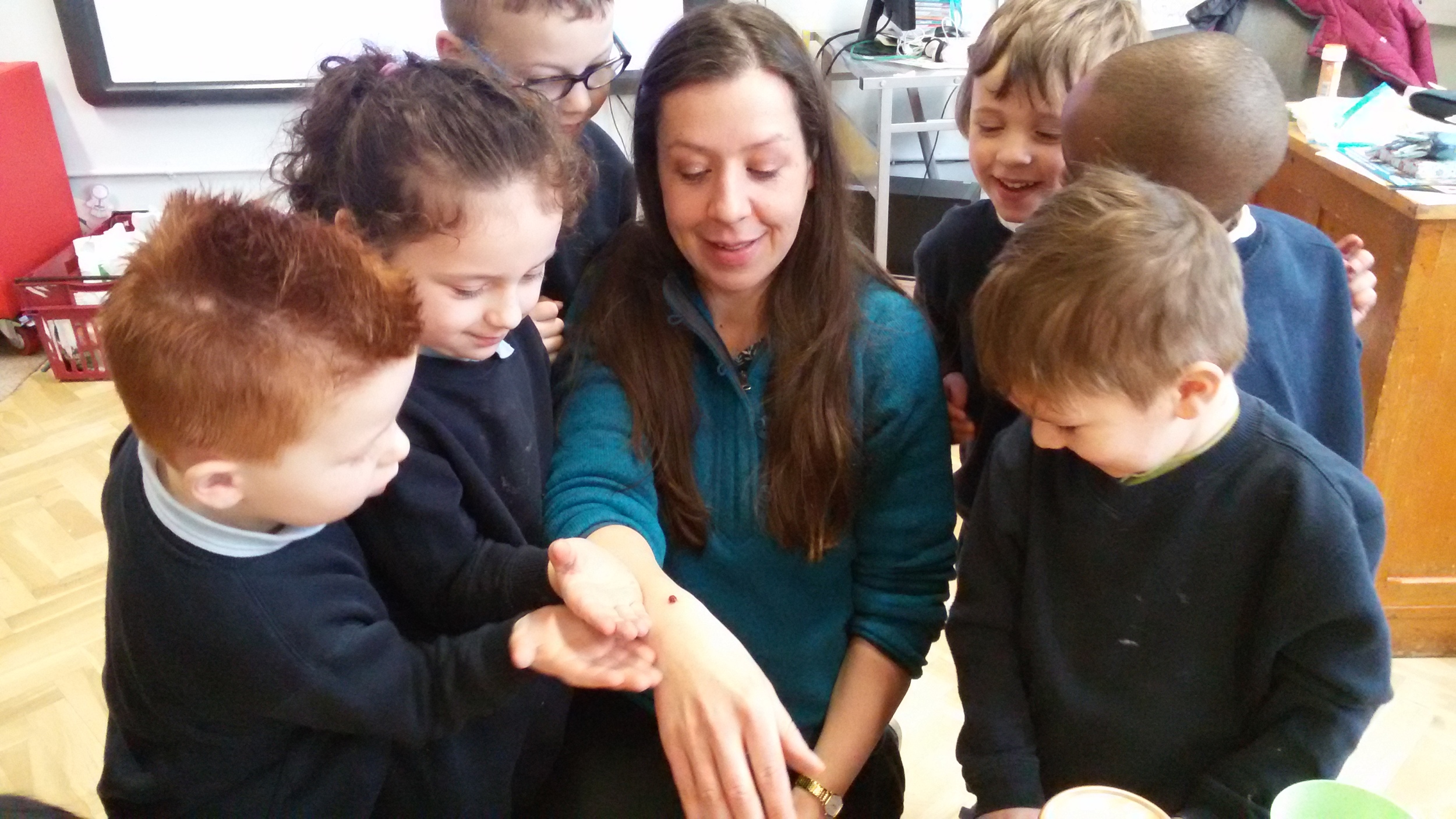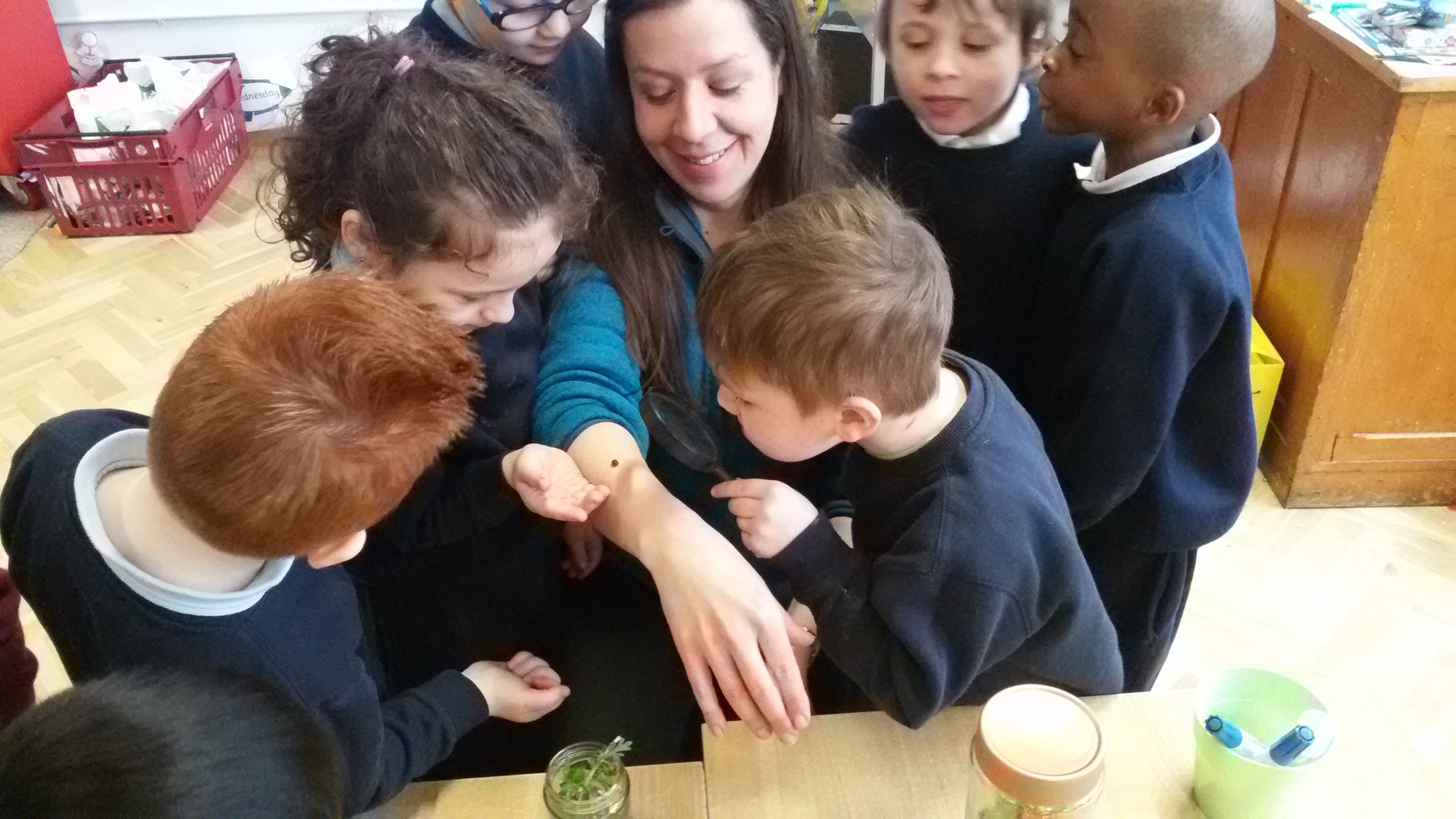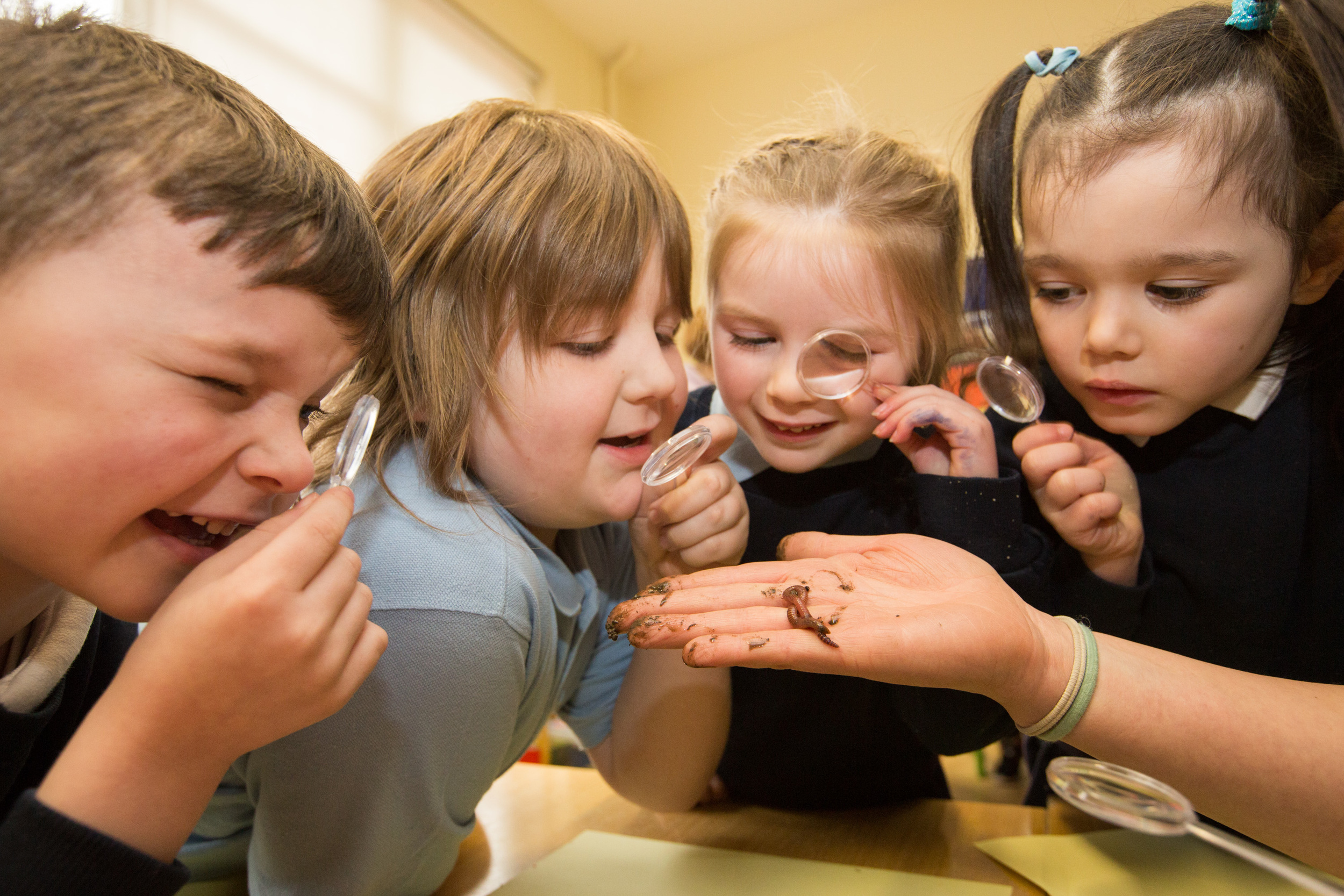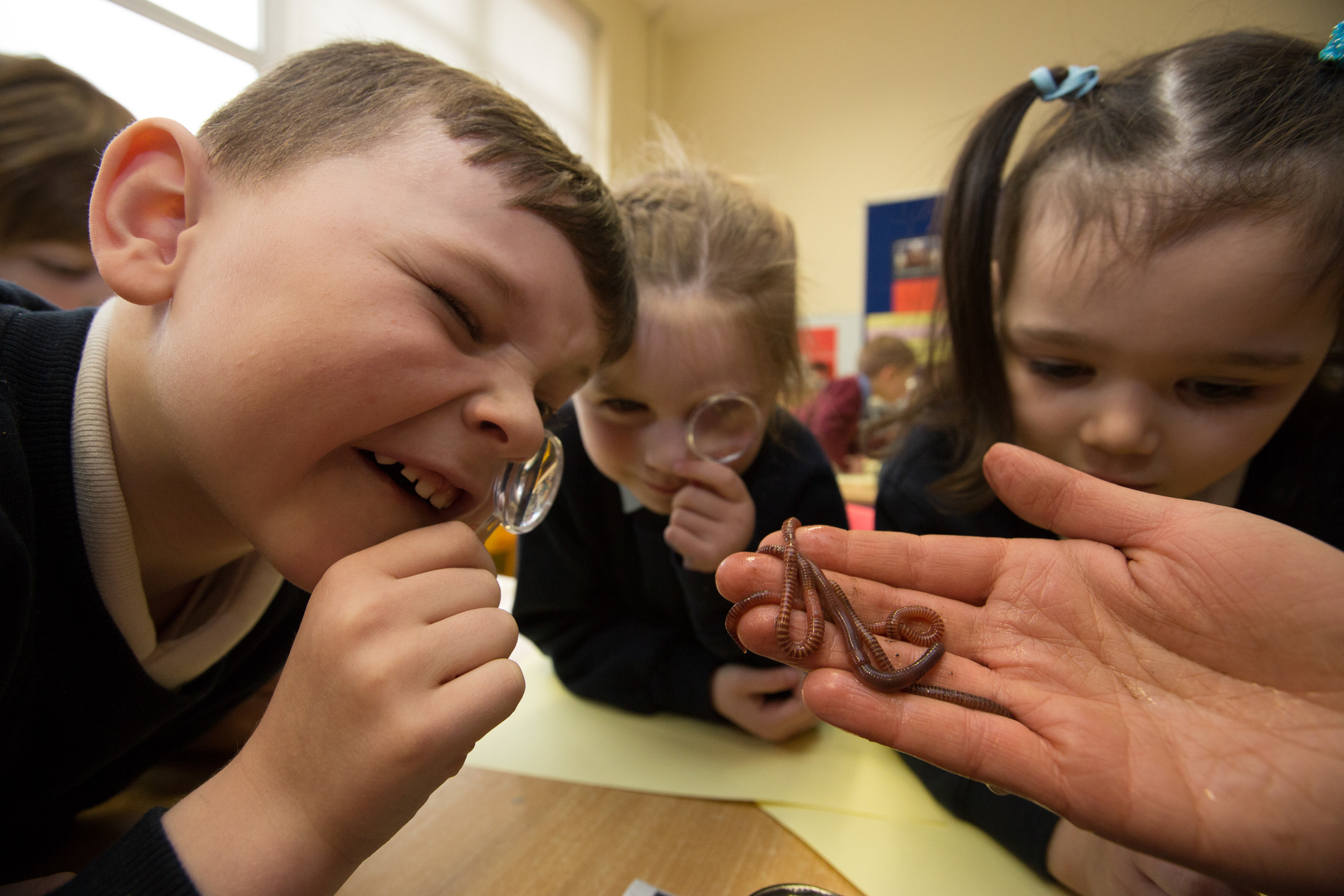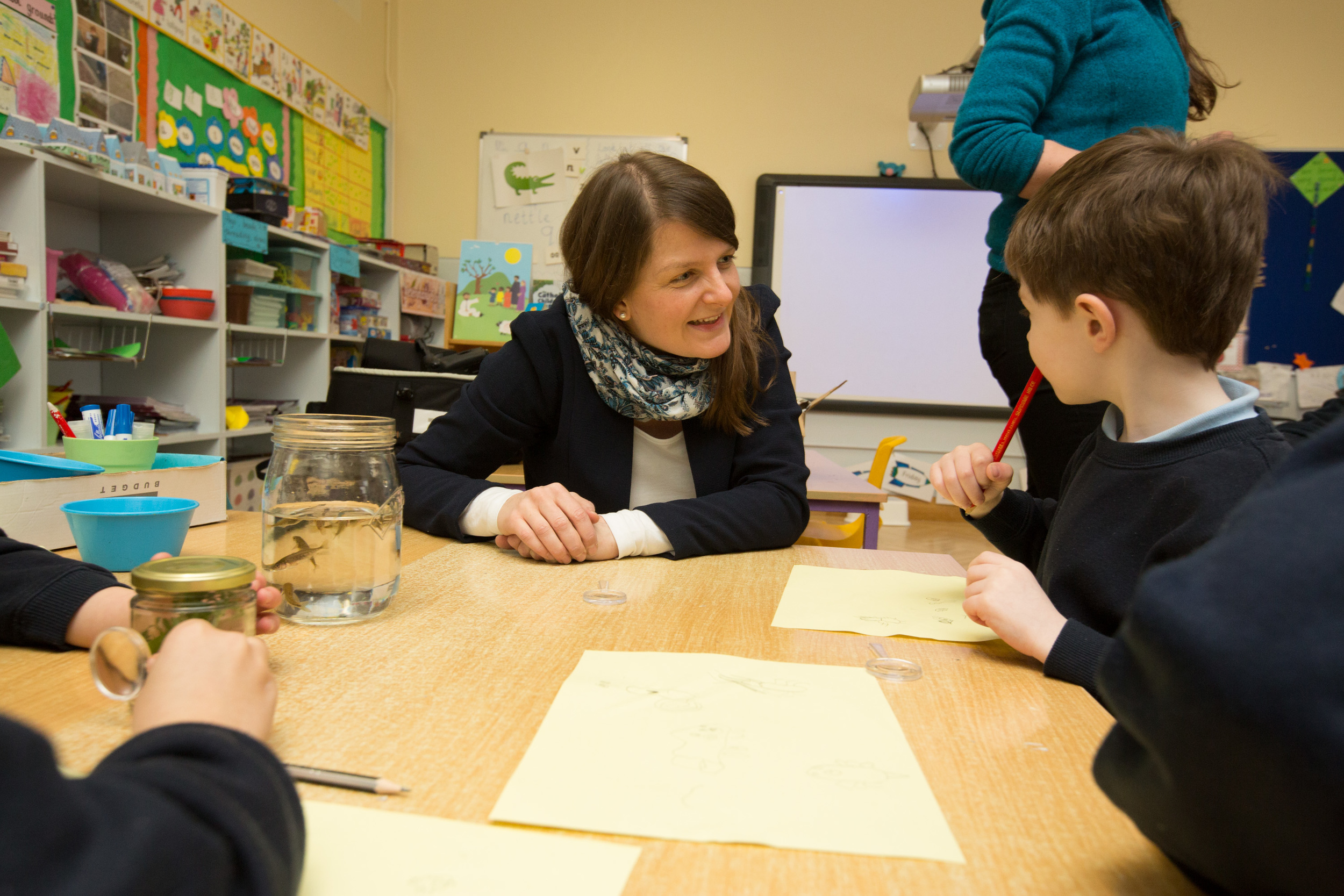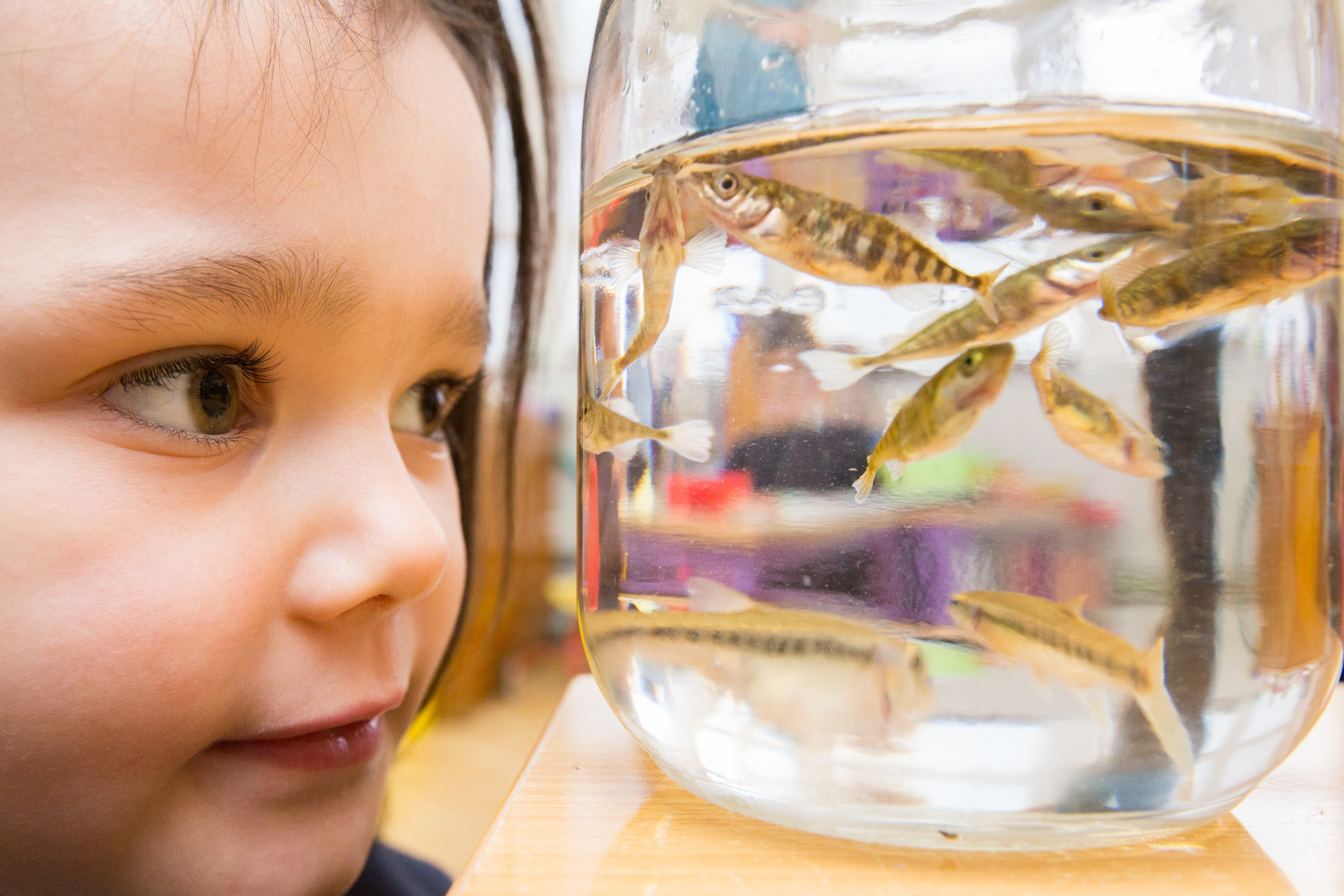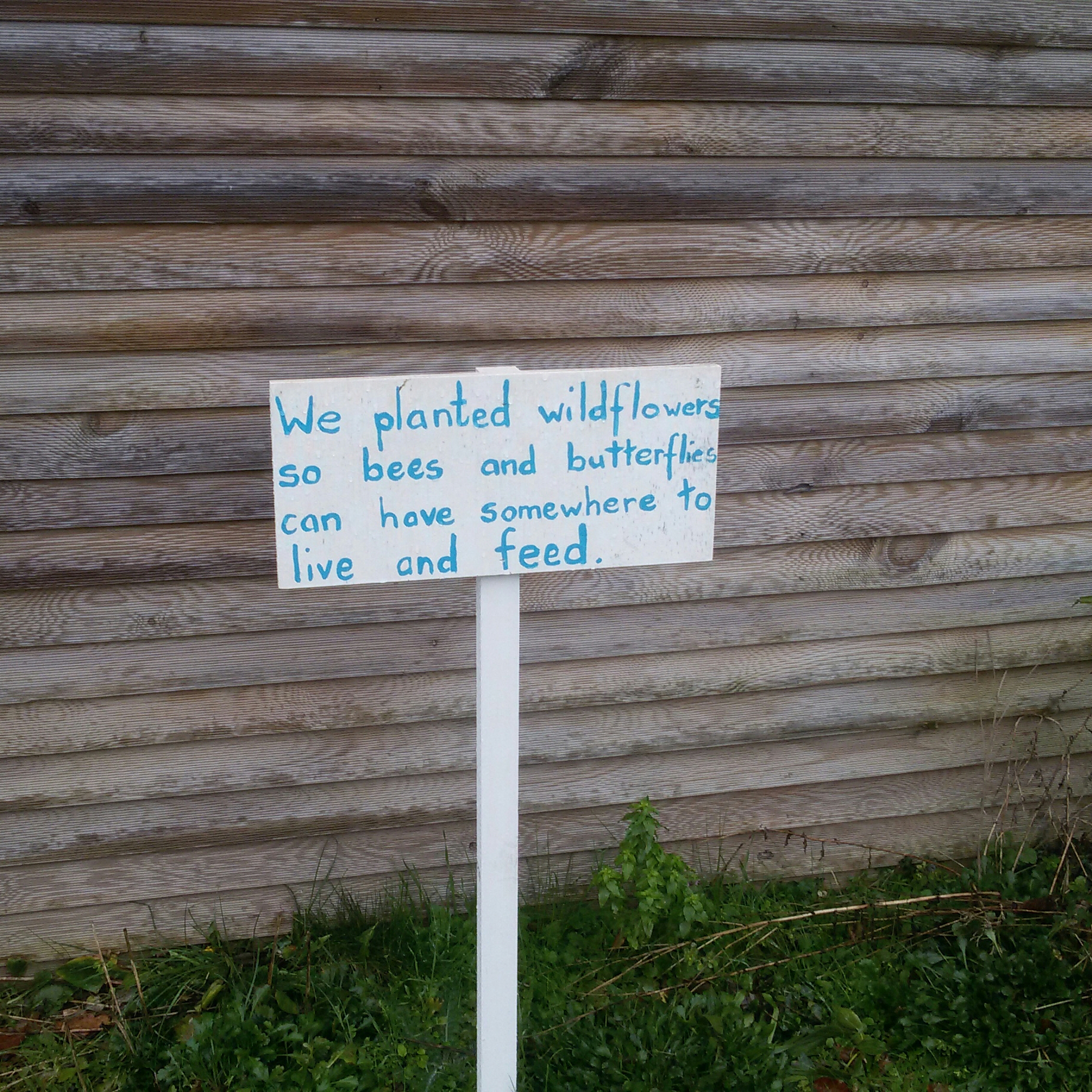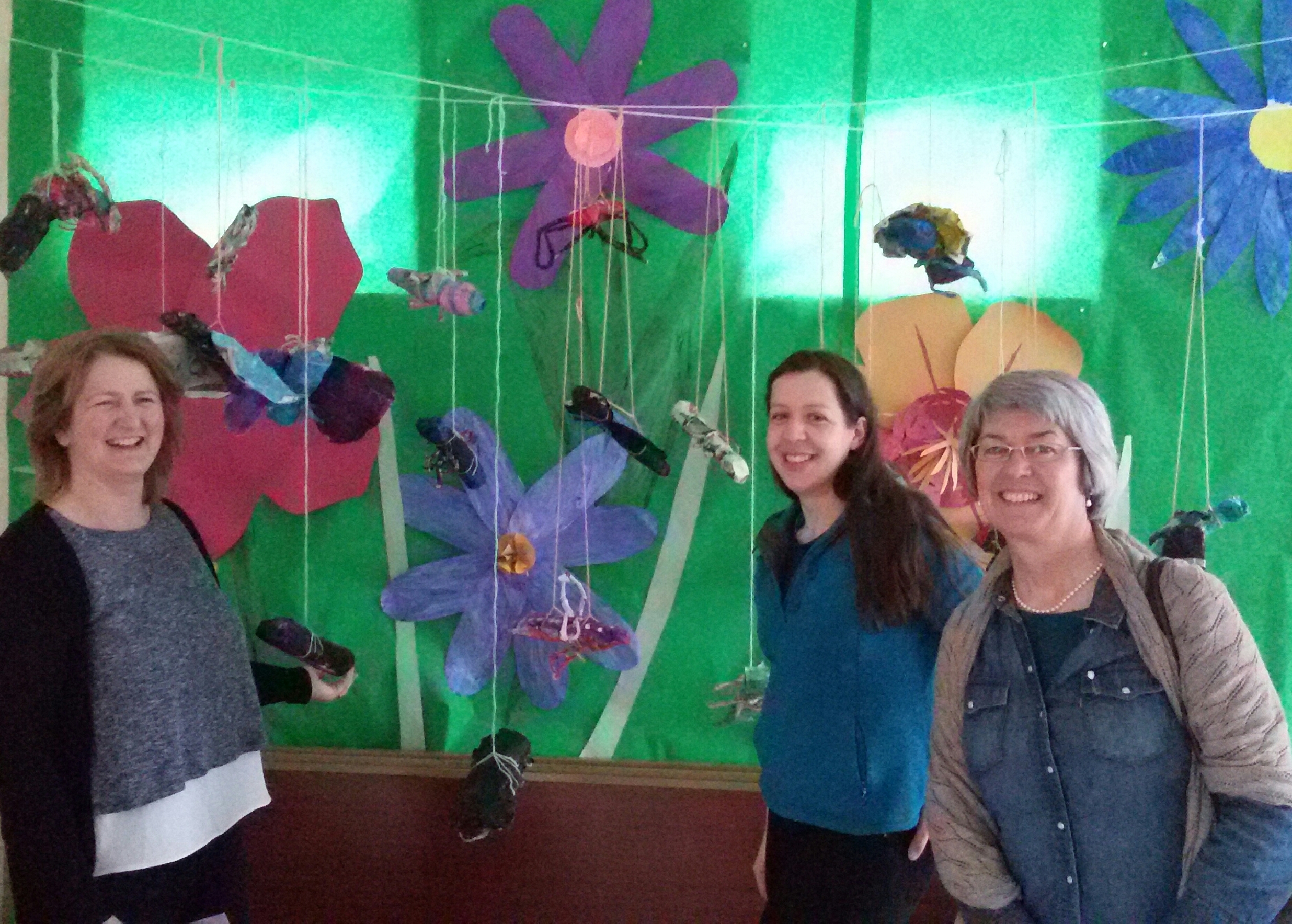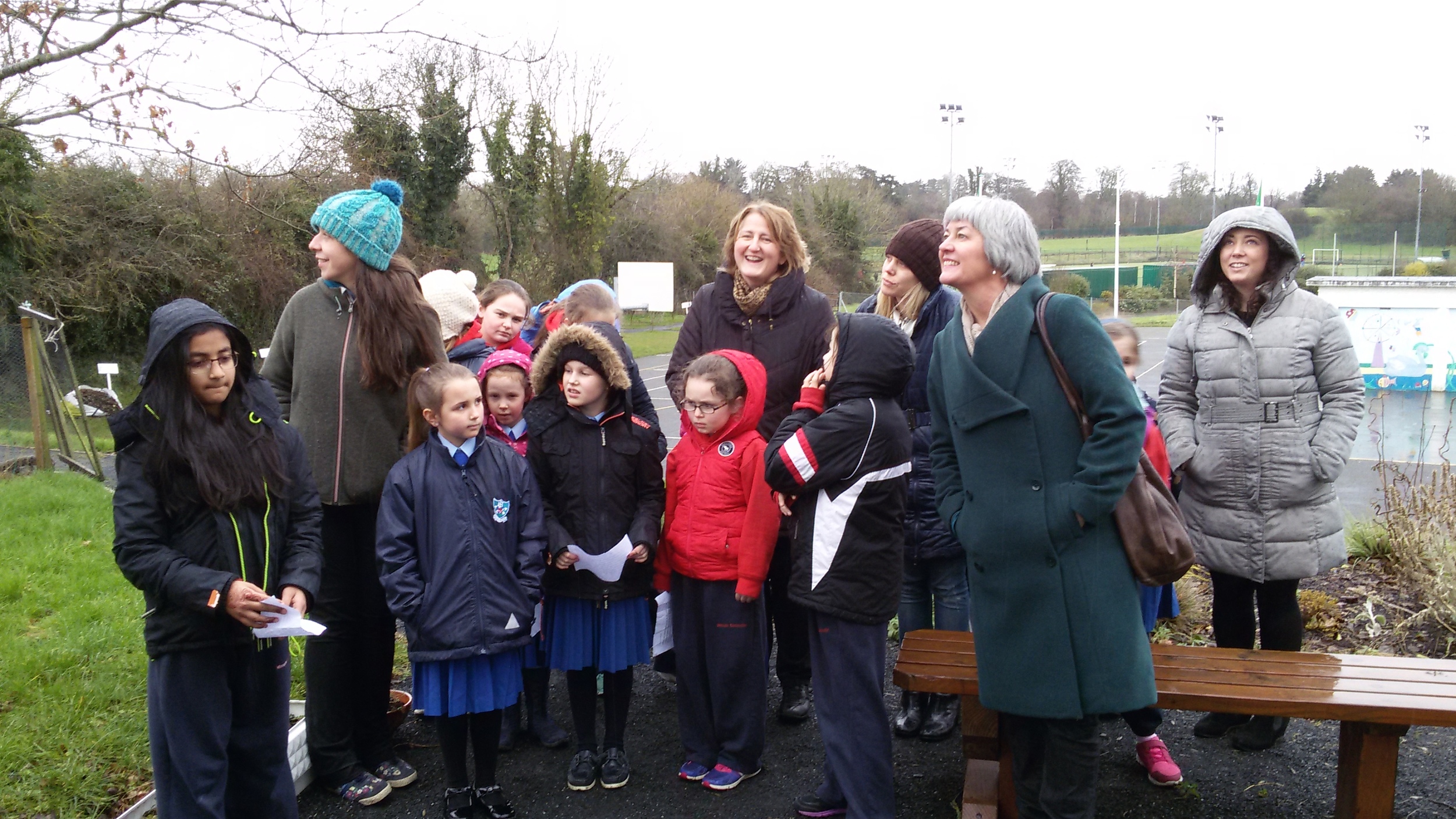via WESSA.
Last week WESSA (the Wildlife and Environment Society of South Africa) played host to the 2016 international FEE Eco-Schools conference – also known as the National Operators’ Meeting (NOM) – in Johannesburg. The three day event saw 85 delegates from over 50 countries around the world come together for an exchange of knowledge and best practices around environmental education at school level.
The focus of this year’s conference was the United Nations’ 17 Sustainable Development Goals and the critical role that the Eco-Schools programme plays throughout the world in supporting these goals by providing education for sustainable development. The Eco-Schools programme aims to create awareness and action around environmental sustainability in schools and their surrounding communities, as well as to support Education for Sustainable Development in national curriculum.
Eco-Schools is a programme of FEE (Foundation for Environmental Education) – a non-profit organisation based in Denmark – and is active at 49,000 schools in 64 countries around the world. One organisation is selected as the local Eco-Schools programme representative in each country and WESSA has been the South African implementation partner since the programme was launched in the country in 2003. Through the Eco-Schools programme WESSA has reached over 400,000 learners and 16,000 teachers in the country, providing dedicated support to schools through the Eco-Schools principles of environmental education, teacher training, transformative learning, empowerment and behavioural change.
This is the first time that the annual international Eco-Schools conference has been hosted in Africa and the Johannesburg event has been hailed the most well attended Eco-Schools conference to date.
The gala dinner – sponsored by Coca-Cola African Beverages, Woolworths, PlasticsSA and the National Recycling Forum – was a celebration of the world-wide Eco-Schools programme. It also gave WESSA the opportunity to recognise and thank the many local partners, funders and teachers who have contributed to the success of the programme locally and who understand the important role that Eco-Schools plays in addressing the education challenges in the country.
Key local corporate partners present at the event included Nampak who have been loyal supporters and funders of the programme for over 10 years. Also present were some of WESSA’s government partners in the Eco-Schools programme, who include the Department of Basic Education; the Department of Environmental Affairs; the Northern Cape Department of Environmental and Nature Conservation; the Free State Department of Economic, Small Business Development, Tourism and Environmental Affairs; and the Department of Water Affairs and Sanitation, who together with WESSA Eco-Schools fund the joint Water Action project that has won multiple awards over the past five years.
The keynote address at the gala dinner was delivered by 50|50 television producer, presenter and writer Ntokozo Mbuli, who inspired the audience by sharing the story of her own journey to becoming a passionate advocate for environmental education. She has been a vocal activist for environmental causes in South Africa through her the coverage of environmental issues in numerous television documentaries, and has engaged with schools and corporate organisations in her role as a public figure. In 2015, WESSA honoured Ntokozo with their National Award for Individuals for her contribution to conservation and environmental education and for inspiring a community of people from very diverse backgrounds.
WESSA is proud to be part of the international environmental education community, and its hosting of the 2016 international Eco-Schools conference forms part of the organisation’s programme of special activities to mark its milestone 90th birthday this year.
Ends.
NOTES TO EDITORS
For more information about WESSA visit www.wessa.org.za
For more information about Eco-Schools visit www.ecoschools.global
For more information about FEE visit www.fee.global
